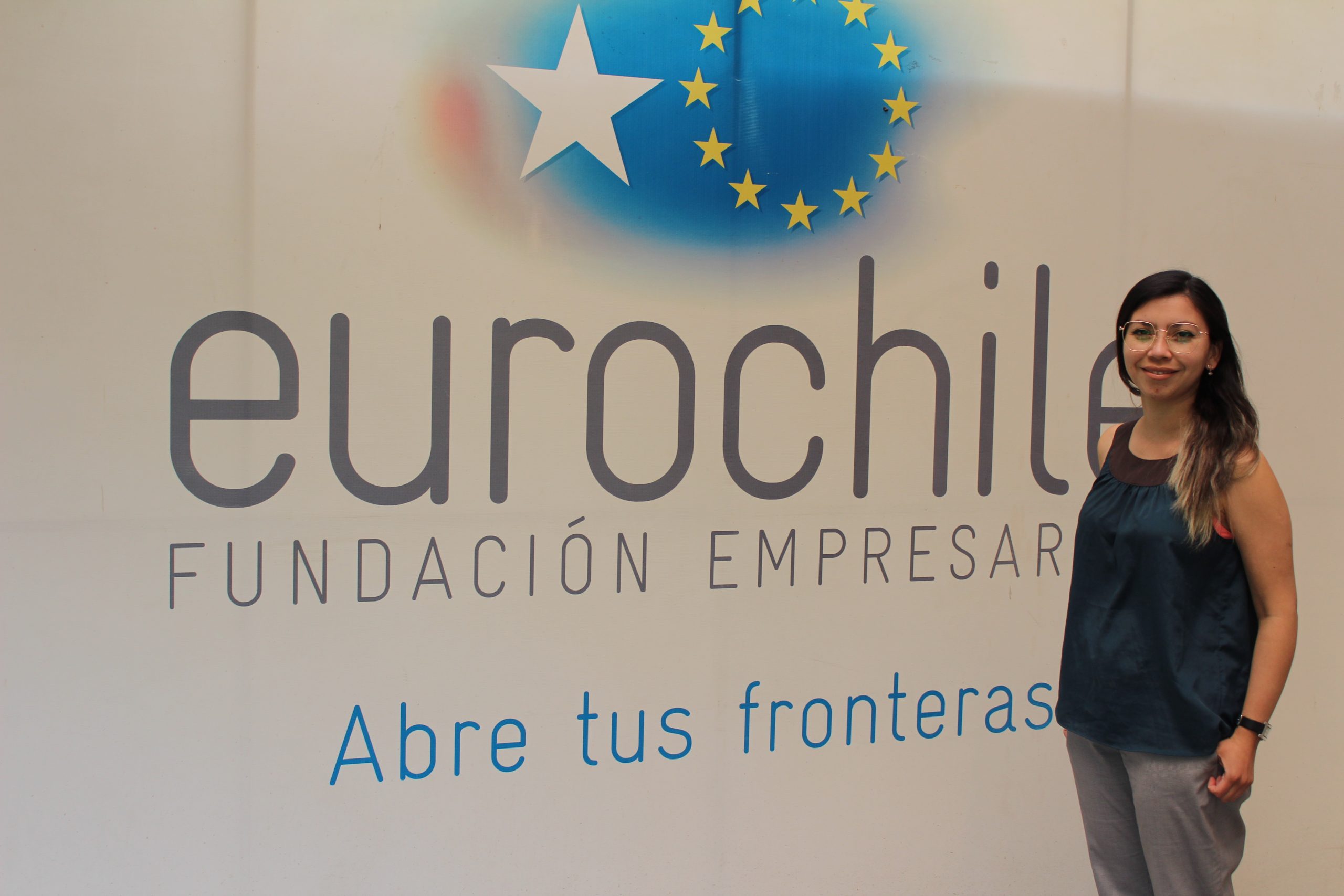Opinion Column: “Incorporating elements of the Circular Economy into tourism activity is fundamental for tackling climate change”
Opinion column written by Marilú Mansilla, project executive of the Sustainability and Circular Economy Area of Eurochile Business Foundation.
Sustainable tourism is tourism in which all actors in the tourism industry incorporate the use of sustainability criteria, taking care of tourist destinations with a special focus on the protection of the environment and natural resources.
The Coquimbo Region has many natural attractions that are currently under threat due to climate change, drought problems, increased risk to endangered species, and in short, the nature tourism product is under constant threat.
This not only puts at risk the attractiveness of these places, but also the tourism industry, 75% of which is made up of MSMEs, which, according to data from the Undersecretariat of Tourism, will have more difficulty in diversifying and adapting their businesses to climate change.
The Circular economy is the way in which tourism SMEs can adapt to climate change and contribute to the development of sustainable tourism. It is the mechanism by which businesses can contribute and adapt.
Consequently, tourism today has a major challenge… to implement transition initiatives towards a circular economy model. Incorporating elements of the Circular Economy into tourism activity is essential to tackle climate change. During the implementation of the Regional Tourism Reactivation Programme with Circular Economy that is being implemented in the Coquimbo Region, financed by the Regional Government through the Innovation Fund for Competitiveness (FIC), we have made a survey of tourism MSMEs in the region and learned about experiences in the development of their products and services, and at the same time we are working on a training plan that was implemented last year and will return in March of this year, to form a critical mass among tourism companies around these issues.
This phenomenon has affected tourism businesses, especially those providing accommodation and restaurant services where a lot of water is used. But, on the other hand, it presents a great advance in the incorporation of circular economy elements that they were not aware of. The Coquimbo Region generates the largest amount of non-conventional renewable energy. It has wind farms and solar fields in the commune of Canela. At the individual level, tourism MSMEs have been adapting to the process of climate change. They have been incorporating elements to take care of water resources and the reasonable use of energy sources. In the village of Villaseca, near the commune of Vicuña, solar cookers are used. The preparation of food in a restaurant does not generate negative externalities such as the use of gas or other elements.
We have detected a strong commitment of entrepreneurs at rural level to protect and care for the environment. This is highly valued by them.
They have generated small initiatives that we have sampled. Using flora from the same region to beautify the surroundings and landscaping of their hotels and tourist centres. These differentiating elements allow them to provide greater added value to the services they offer to tourists. The companies have incorporated elements of the circular economy by using solar panels, recycling water and waste.
An interesting element that we have noticed is that the companies do not generate compost, but use the organic matter as animal feed. There is a group of companies in the coastal area that have installed signs in their housing developments where they ask tourists to leave their towels on the ground to be able to wash and if they do not, it will be understood that they are clean, which encourages them to wash less. They have also implemented more basic, but equally valuable elements such as the implementation of LED lights to reduce energy consumption.
The companies did not have incorporated that the elements they were implementing were circular economy, but we have seen that they have taken advantage of the incentives and subsidies from the State, through the installation of panels, thermopanels, solar dehydrator, accessing benefits and incorporating these elements of circular economy.
We have detected an interesting development. In the execution of workshops through experts we have disseminated the benefits of incorporating elements of circular economy to the tourism business and the contribution that this means for the care of the environment. Despite the heavy investment required at the beginning. In the short term, important positive externalities are obtained in the business such as: energy savings, reduction of waste, which implies a reduction of greenhouse gases that contribute to climate change, and recycling, which not only reflect an environmental contribution, but are also reflected in the reduction of business costs. We are currently in the process of designing a guide to implement tourism experiences, based on the principles and elements of the circular economy for the development of tourism products and services that will allow the tourism MSMEs of the Coquimbo Region to move towards a circular economy model together with all the natural benefits it offers.

